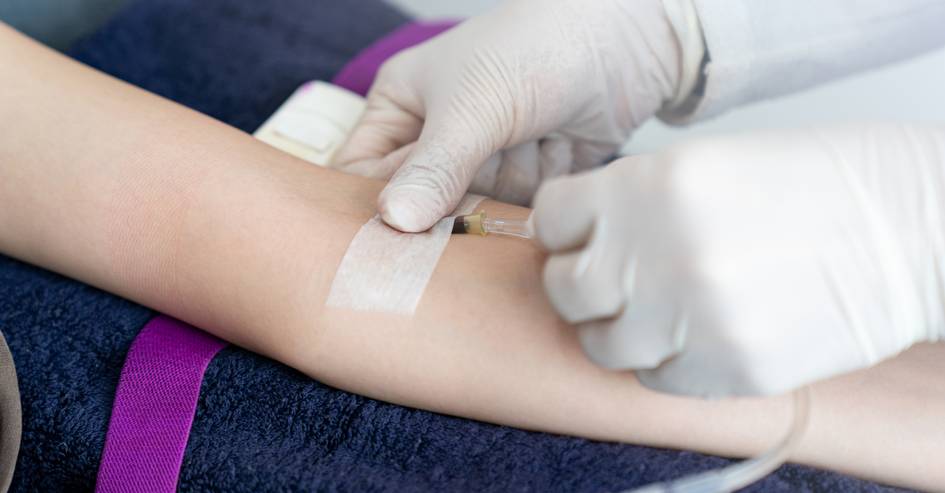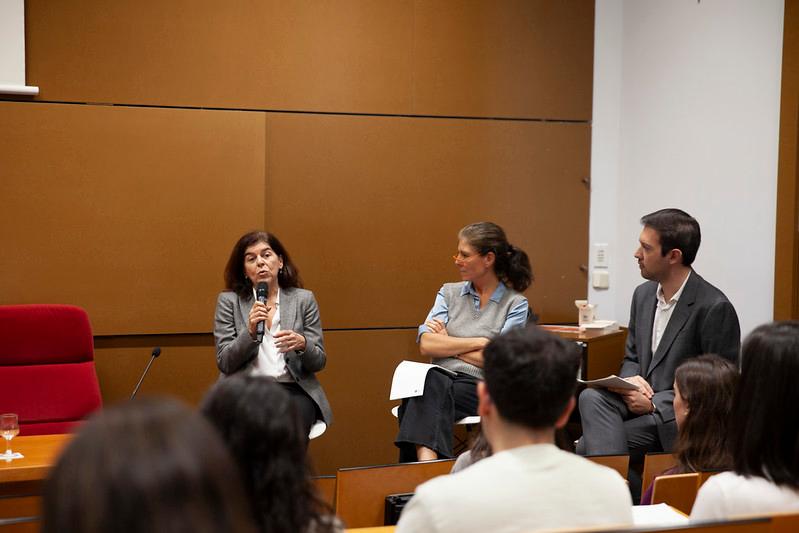The director of the EUEF, Julio de la Torre, participates in a study that reveals inequalities in the use of intravenous devices in cancer treatment.
Despite the increase in new therapies and the growing trend towards oral anticancer drugs, most of the drugs licensed in the last twenty years require intravenous (IV) administration.

8 October 2025
A European study, published in the Journal of Cancer Policy, has analysed practices related to the use of vascular access devices (VADs) for the administration of systemic anticancer therapies (SACT). Among the authors of the research is the director of the San Juan de Dios-Comillas School of Nursing and Physiotherapy, Julio de la Torre.
In order to obtain the results, the PRACTICE survey, a cross-sectional survey was conducted between May and October 2024 with healthcare professionals from 18 European countries, including oncologists, haematologists and nurses. There were 403 respondents for demographic questions and 166 respondents for procedural and training issues.
Main findings
The study was structured into five key categories to collect crucial data on the use of VADs in clinical practice: demographics, choice, insertion, training and development, and management of complications.
In terms of geographic variability, differences were observed in relation to the choice of vascular access devices, with Ireland and Finland preferring peripheral catheters and Belgium opting for implantable devices.
In addition, although oncologists lead the decision-making, nurses play a key role in the day-to-day management of vascular access.
On the other hand, the main barriers include lack of training, lack of clinical guidelines, poor collaboration between professionals and limited resources in the centres.
It also points out that 43% of patients have difficulties with venous access, which requires specific protocols that are not yet standardised in many centres.
Finally, Spain has intermediate levels of continuous training, below countries such as Ireland and the Czech Republic.
Conclusion of the study
The research underlines the need to standardise clinical practices, improve training and foster interdisciplinary collaboration.
In addition, it proposes integrating VAD selection as a metric in the certification of cancer centres, with the aim of improving the safety and quality of cancer patient care.

Experts from academia and finance debated at Comillas the ethical and strategic dilemmas of investing in the defence sector

The engineer and lecturer at Comillas ICAI, an international reference in energy, gave the lecture "Qué hacemos los ingenieros y cómo lo contamos"

Software measures users' personality traits to predict human vulnerability to cyber-attacks
